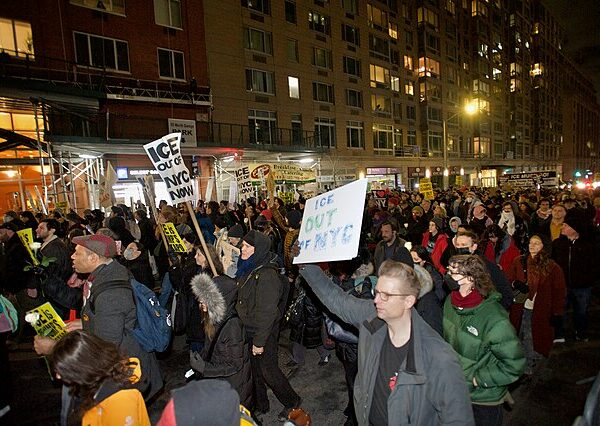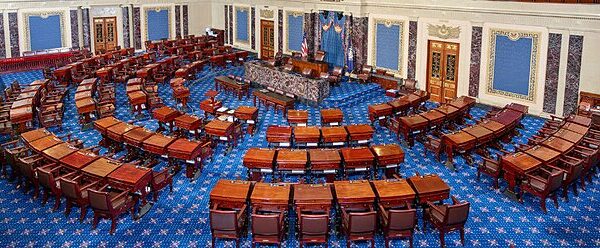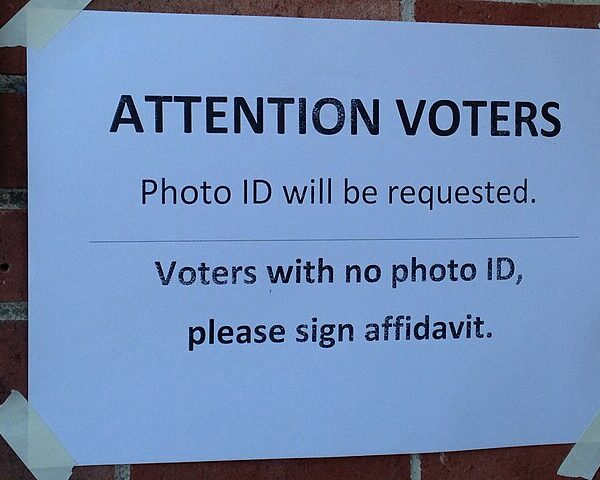
As Americans prepare to celebrate Independence Day, a new Gallup poll reveals a sobering reality: national pride has plummeted to a historic low, with only 58% of respondents describing themselves as “extremely” or “very” proud to be American. The primary driver of this collapse, the data suggest, is not generational fatigue or economic malaise—but a striking ideological divide, with Democrats registering unprecedented levels of disaffection toward the country they call home.
The partisan fault line is unmistakable, according to Gallup. While 92% of Republicans say they are proud to be American—roughly the same level as in 2001—only 36% of Democrats say the same, a stunning 51-point decline over two decades that shows that they only like America when they tend to only like America when they hold power. Among Independents, 53% still express pride in American identity, positioning them squarely between the polarized poles. Yet the broad downward trend since the post-9/11 high—when patriotism reached near-universal levels—appears largely attributable to a growing disdain among Democrats, whose connection to the nation’s values, institutions, and historical legacy seems to be unraveling.
That disconnect is most acute among younger Americans, where Democratic influence is culturally dominant. Fewer than 40% of Gen Z adults say they are proud to be American, compared to 60% of Millennials and more than 70% of Gen Xers and Baby Boomers. Gallup analysts note that the pride gap among generations is not merely chronological—it is ideological. The data show that Democratic affiliation within these younger cohorts correlates with a deep skepticism toward American exceptionalism, national symbols, and even the legitimacy of the constitutional system itself.
The poll’s most glaring feature is the yawning 56-point pride gap between Republicans and Democrats—the widest ever recorded. In the early 2000s, pride in country was a bipartisan sentiment. Today, it is a marker of political identity. Scholars point to the influence of left-leaning media, activist academia, and a party apparatus increasingly focused on systemic grievance as factors contributing to this decline. A 2024 SSRS survey found that while 89% of Republicans described patriotism as a “positive force,” Democrats were nearly evenly split, with 45% in favor and 37% regarding it as harmful—a near-open rejection of the idea that loving one’s country is a civic virtue.
Maybe this is why the party so openly supports open borders and views undocumented immigrants as “the Americans they care about.” It certainly explains why so many in the party were rooting for China in the “trade war.”
This erosion of national pride among Democrats is not occurring in isolation. It mirrors other polling trends suggesting a souring attitude toward foundational institutions, historical figures, and even the American flag. But unlike past periods of cynicism, today’s dissatisfaction appears not just political, but civilizational. For a growing number of Democrats, the nation itself—not merely its leadership. The feeling has caused some in the party to become more and more radical to the point of espousing and supporting political violence.
With the Fourth of July approaching, the picture is grim: one party remains broadly proud of the United States, while the other seems increasingly to dislike it. Analysts warn that such divergence bodes poorly for the civic cohesion of a democratic republic.
No one may better reveal this new liberal sentiment than Ilhan Omar, an immigrant so welcomed by the United States that she landed a job in Congress.
On July 1, she celebrated the independence of her homeland, Somalia.
Ilhan Omar celebrates Somalia Independence Day pic.twitter.com/dvGwCEQd52
— Libs of TikTok (@libsoftiktok) July 1, 2025
She has a different message for the Fourth of July, though.
We shouldn’t revise history. We’re a country built on stolen land and the backs of slaves. Independence Day allows us to reflect on how far we’ve come and how much farther we have to go.
Leveraging our voice to fight for justice is as American as it gets. Happy 4th of July 🇺🇸
— Ilhan Omar (@IlhanMN) July 4, 2018
The American National Election Studies, which tracked attitudes from 2020 to 2025, concluded that while political events shape short-term sentiment, the generational shift—especially among younger Democrats—reflects a long-term estrangement from patriotism as a cultural norm.
Whether this aversion persists or deepens will depend on whether Democratic leaders are willing—or able—to reconcile their base’s ideological grievances with the responsibilities of national stewardship. For now, however, the numbers are clear: pride in America is no longer a shared assumption. It’ll only be Republicans lighting fireworks this holiday.
[Read More: Dems Vote To Protect Benefits For Illegal Immigrants]











